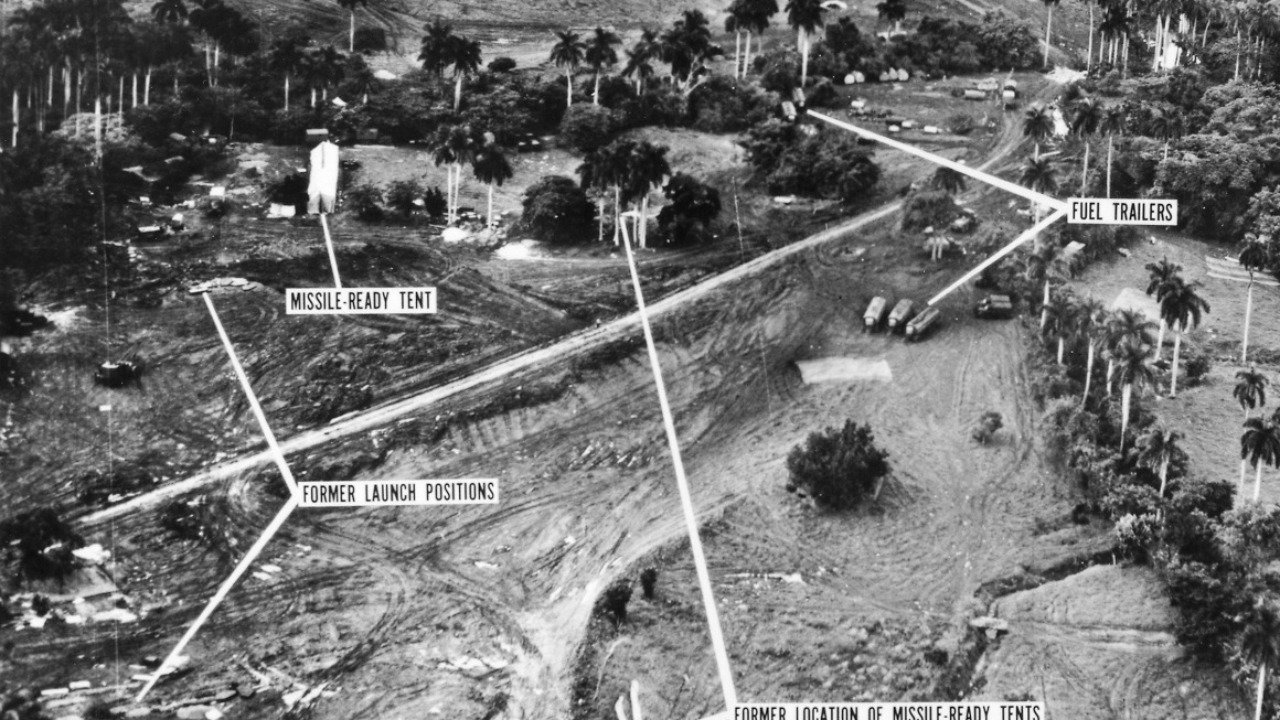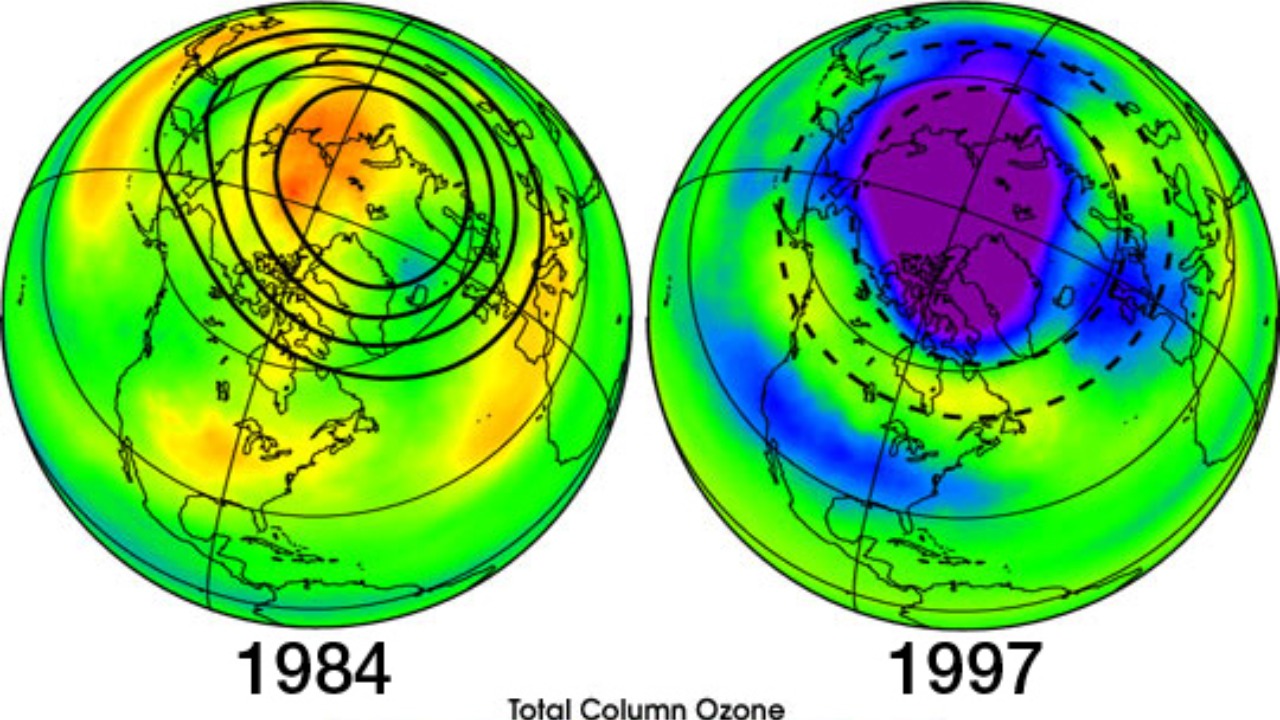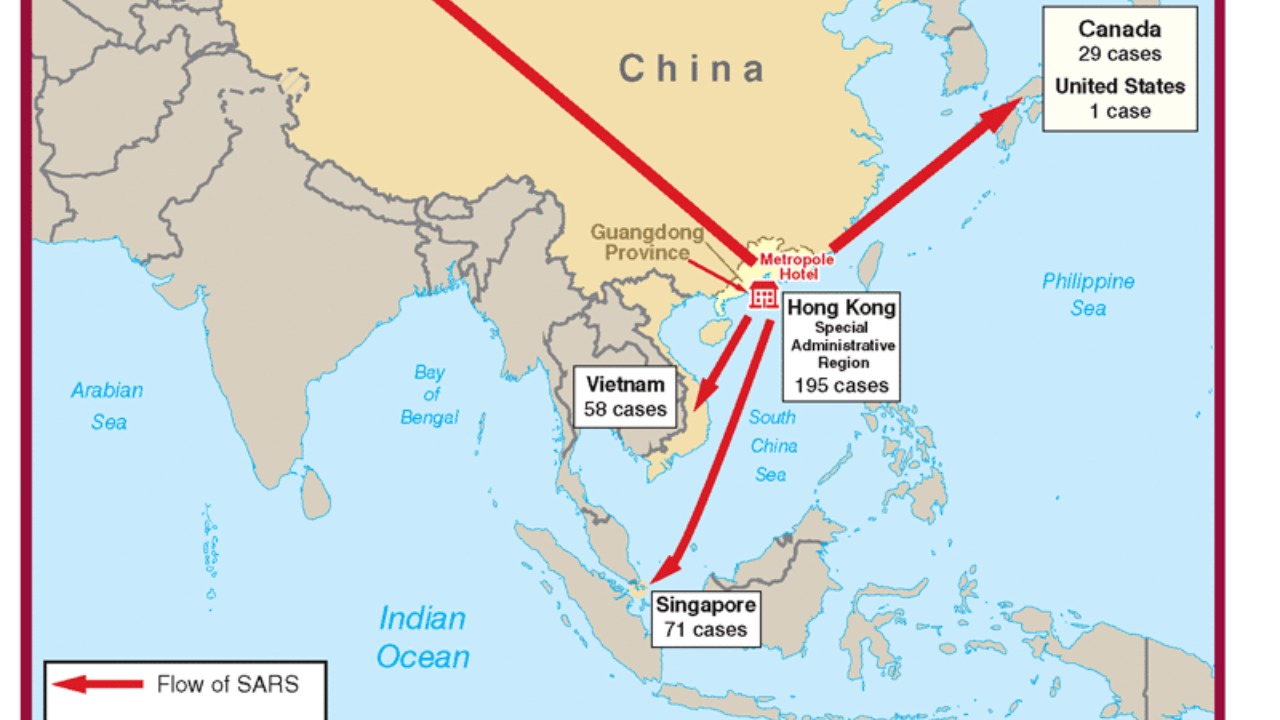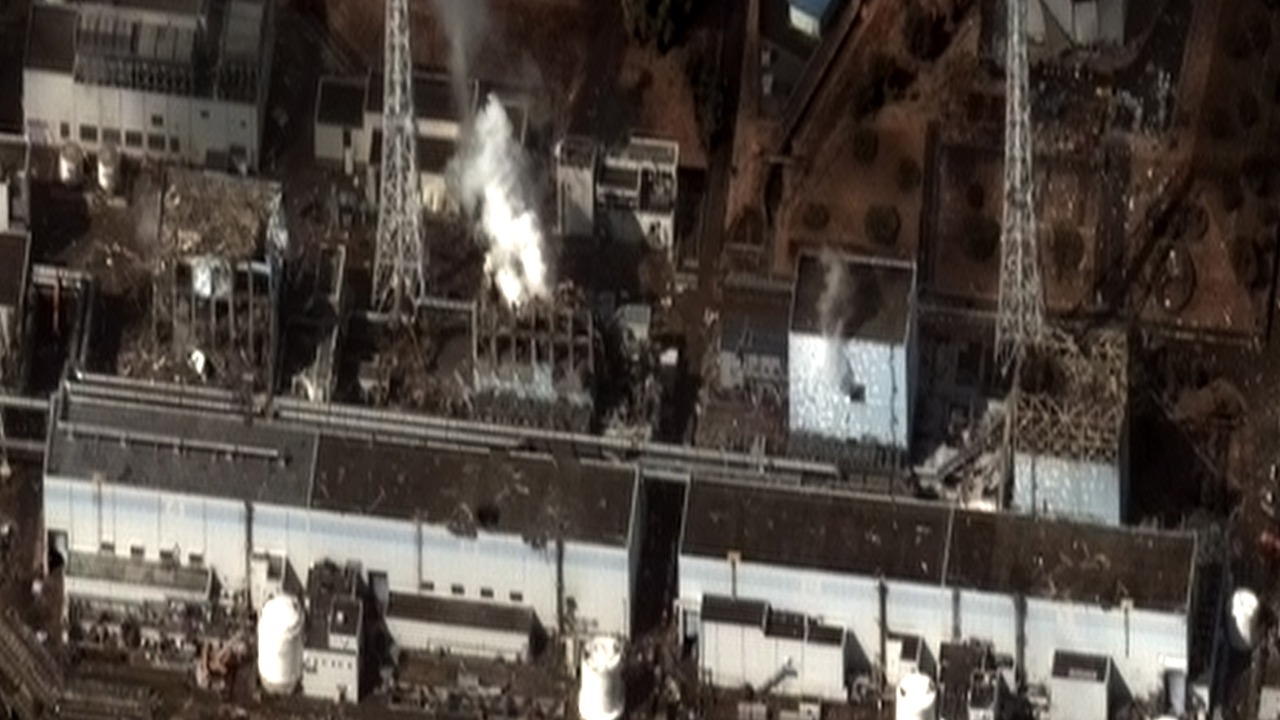
Throughout history, science has been a double-edged sword, capable of wondrous achievements and potential calamities. From nuclear disasters to impending pandemics, there have been moments when scientific advancements have brought us perilously close to catastrophe. Let’s delve into some of these instances when science nearly led us to the brink.
The Chernobyl Disaster

The Chernobyl disaster in 1986 marked a turning point in nuclear safety concerns. A flawed reactor design, combined with inadequate safety protocols, led to an explosion that released radioactive particles across Europe. The incident highlighted the potential dangers of nuclear power when mismanaged, triggering widespread health and environmental impacts that persist to this day.
This catastrophic event forced a global reassessment of nuclear safety standards. Countries worldwide scrutinized their own nuclear facilities, ushering in stricter regulations and safety measures to prevent another disaster of this magnitude.
The Cuban Missile Crisis

The Cuban Missile Crisis in 1962 brought the world to the precipice of nuclear warfare. During this tense 13-day standoff, the United States and the Soviet Union were on the brink of a nuclear confrontation over Soviet missiles stationed in Cuba. Diplomatic negotiations ultimately averted disaster, highlighting the potential for science and technology to push humanity toward annihilation.
It was a stark reminder of the destructive power of nuclear weapons and the need for diplomatic channels to prevent such crises. The crisis also influenced future arms control agreements, including the Treaty on the Non-Proliferation of Nuclear Weapons.
The Y2K Bug

As the year 2000 approached, fears of the Y2K bug loomed large. The coding glitch threatened to disrupt computer systems worldwide, potentially causing widespread chaos. Governments and businesses scrambled to update their software, averting potential disaster as the new millennium dawned without major incidents.
The Y2K bug underscored the reliance on digital systems and the importance of proactive technological maintenance. It served as a valuable lesson in preparedness, prompting ongoing vigilance in addressing potential vulnerabilities in ever-evolving technological landscapes.
The Ozone Layer Depletion

In the late 20th century, scientists discovered the alarming depletion of the ozone layer, which shields Earth from harmful ultraviolet radiation. This was primarily attributed to chlorofluorocarbons (CFCs) found in aerosols and refrigerants. Global efforts, including the Montreal Protocol, led to significant reductions in CFC emissions, showcasing the power of collective action in addressing environmental threats.
This achievement highlighted the importance of science-driven policy in mitigating global environmental crises. The gradual recovery of the ozone layer is a testament to the success of international cooperation in tackling pressing ecological challenges.
The Manhattan Project

The Manhattan Project during World War II culminated in the creation of the atomic bomb, a weapon of unprecedented destructive power. Its use on Hiroshima and Nagasaki demonstrated the devastating impact of nuclear technology, leading to widespread loss of life and long-term environmental consequences.
This moment in history underscored the moral and ethical dilemmas posed by scientific advancements. It sparked debates on the use of nuclear weapons and laid the groundwork for future nuclear disarmament efforts to prevent similar tragedies.
The SARS Outbreak

The Severe Acute Respiratory Syndrome (SARS) outbreak in 2002-2003 was a wake-up call for global health systems. The virus spread rapidly from Asia to other continents, causing significant morbidity and mortality before being contained through coordinated international efforts.
The SARS outbreak emphasized the need for robust public health infrastructure and rapid response mechanisms. It paved the way for improved surveillance and pandemic preparedness strategies, serving as a precursor to more recent global health challenges.
The Fukushima Nuclear Accident

In 2011, a massive earthquake and tsunami triggered the Fukushima nuclear disaster, leading to reactor meltdowns and the release of radioactive materials. This incident reignited debates over the safety of nuclear energy, prompting many countries to reassess their nuclear policies and energy strategies.
The Fukushima accident highlighted the risks associated with natural disasters impacting nuclear facilities. It served as a stark reminder of the need for comprehensive safety measures and disaster preparedness to mitigate the consequences of such events.
The Large Hadron Collider Experiments

The Large Hadron Collider (LHC) has been a focal point of scientific curiosity and concern. While primarily designed to explore particle physics, some speculated that its experiments could inadvertently create micro black holes or other phenomena with catastrophic potential.
Despite these fears, rigorous safety assessments confirmed the LHC’s safety, allowing groundbreaking discoveries like the Higgs boson without adverse effects. The LHC exemplifies how scientific exploration, when conducted responsibly, can expand our understanding of the universe.
The COVID-19 Pandemic

The COVID-19 pandemic, which began in late 2019, has been one of the most profound global health crises of the modern era. The rapid spread of the virus highlighted vulnerabilities in health systems worldwide, leading to widespread social and economic disruptions.
While vaccines and public health measures have helped curb the pandemic’s impact, the crisis underscored the importance of scientific research, international cooperation, and preparedness in addressing infectious diseases. It has reshaped global healthcare priorities and highlighted the need for resilience in the face of future pandemics.